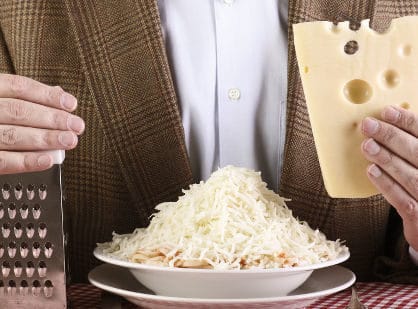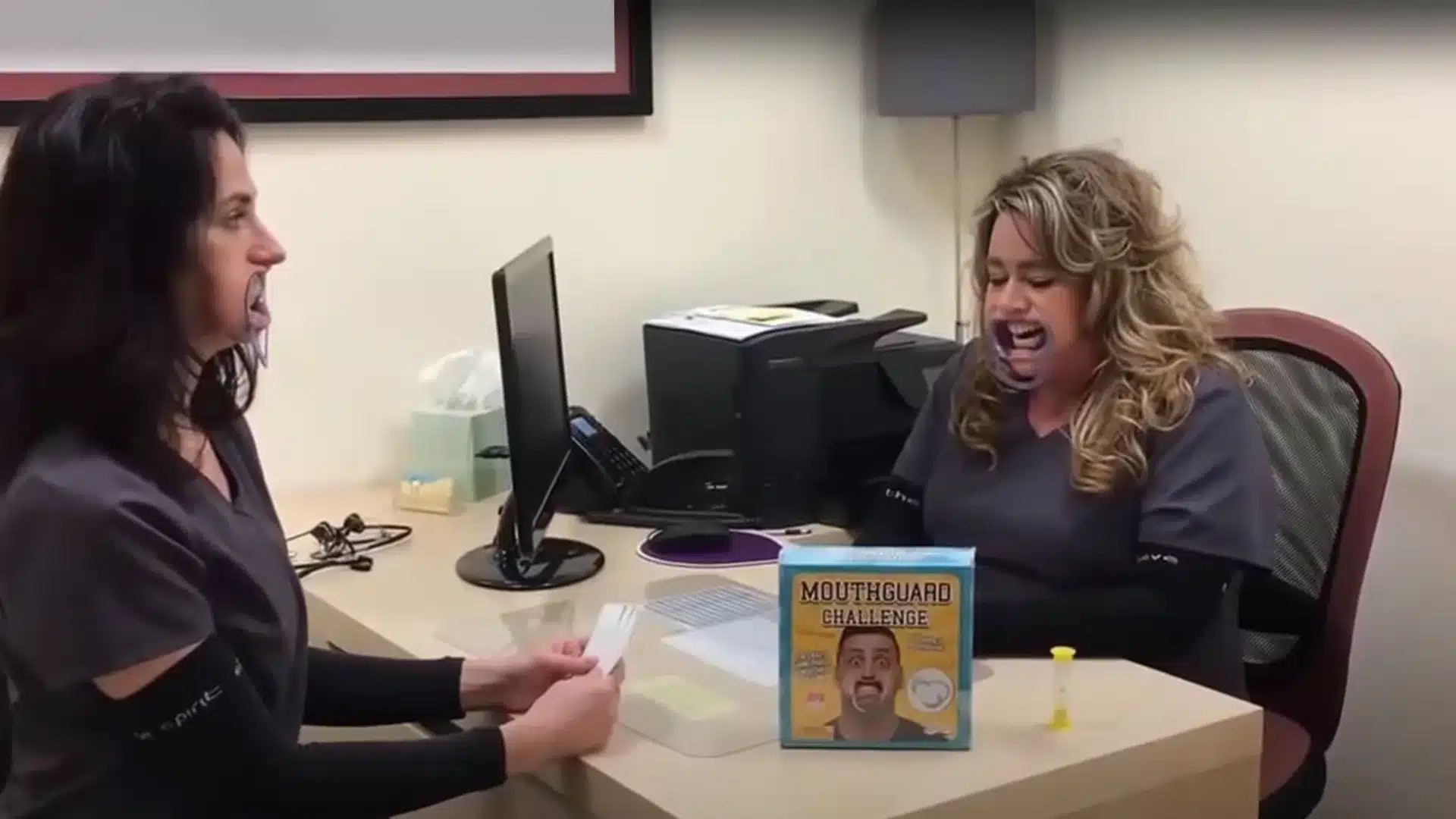It is our goal as dentists to inform our patients f their current oral conditions, and to provide multiple treatment plan options to choose from that will improve their oral condition. We understand that it is not realistic, or practical, to assume that every patient wants the ideal treatment plan, which is why we pride ourselves in treating every person and their mouth as an individual; Treating Your Mouth Like Our Own. We strive to provide outstanding general dentistry and cosmetic dentistry services for the residents of Lewiston and Auburn Maine as well as the surrounding communities in Androscogging County.
Today I’d like to talk about dairy products. Dairy products, and particularly cheese, have very low cariogenic potential and are therefore safe for teeth. And furthermore, small amounts of cheese (5-20 grams) are effective in reducing caries risk, especially if eaten at the end of a meal.
Dental caries is a bacterial disease which begins in childhood. Bacteria form “plaque,” a thin film, on the teeth and dietary components such as sugars, aid adherence of bacteria. Sugars are fermented to organic acids which dissolve the tooth enamel causing loss of calcium and phosphate (demineralization) and eventually a cavity. Studies in rats have shown all simple sugars are equally cariogenic, but human studies suggest lactose is less cariogenic.
Many studies have shown a positive effect of dairy products on reducing dental caries. Cheese has been studied the most. Other dairy products, such as yogurt and ice-cream, are also thought to have low cariogenic potential but have been less well studied. Human studies usually involve use of an intra-oral device containing bovine or human enamel as the test material.
Fewer caries have been found in animals consuming additional cheese “snacks” and cheese consumption was found to be higher in children with fewer caries. Cheese has been shown to significantly reduce demineralization (by 71%) caused by sugar6 and produce less enamel softening compared with bread.7 In addition, cheese can re-harden softened tooth enamel after exposure to sugary or acidic foods.8,9 Cheese is likely to exert maximal benefit at the end of a meal.
It appears that harder cheeses are more effective than soft cheeses in caries prevention. However, most types of cheese have been studied and have some positive influence on the caries development process. As little as 5-20 grams of cheese is effective in reducing caries risk.
There are several theories for the mechanisms involved in the caries protective effect of cheese. Cheese has been shown to reduce the numbers of the bacteria Streptococcus mutan3 and to stimulate saliva flow. This may reverse the caries process (i.e., demineralization) by saliva neutralizing the acids and increasing the pH. A range of cheeses eaten before, with or following sugar have been shown to prevent or reverse the pH drop normally produced.
The anti-cariogenic effect of cheese may also be via the protein or more specifically casein content. Casein may help buffer the plaque pH and also by adsorbing onto the tooth enamel may reduce enamel solubility and bacterial adherence. The caries protecting effect of 21 cheeses was tested using a rat model demonstrating those with higher casein content had the greatest effect. Casein and caseinate also have been shown to reduce to extent of caries in rats.





